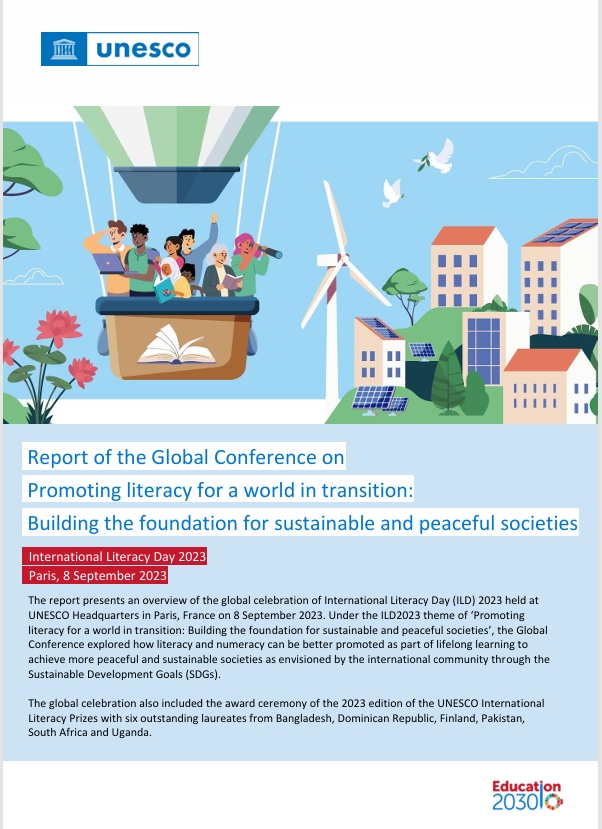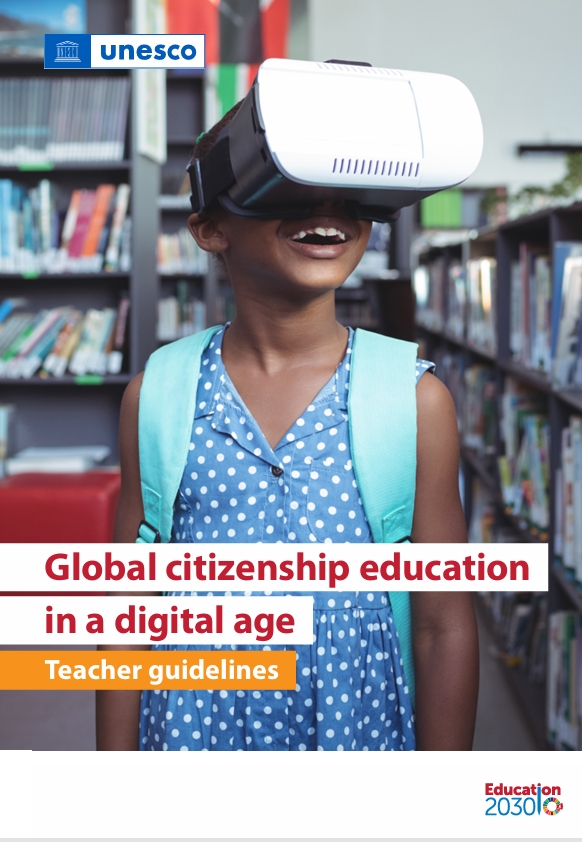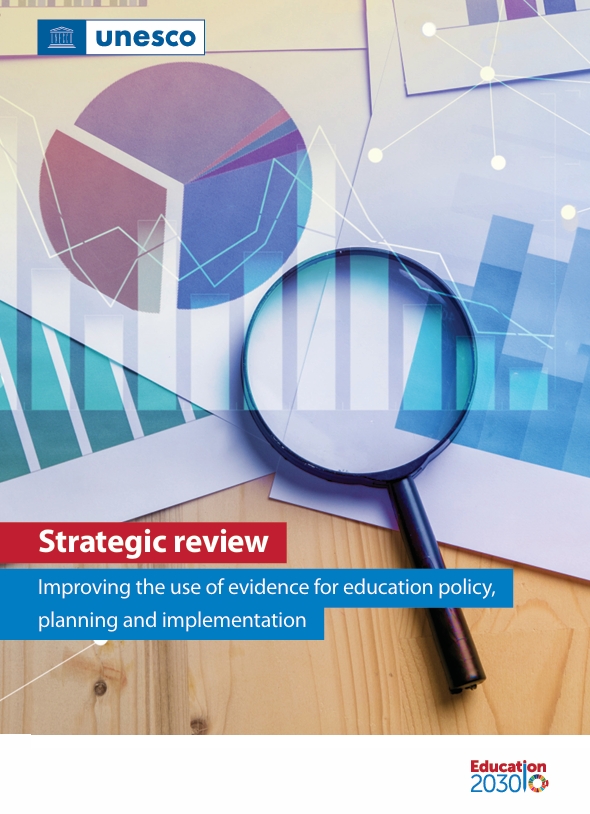Introduction
Education is both a basic human right [i] and a core element of sustainable development. It is the theme of the United Nations’ fourth Sustainable Development Goal, which seeks to “ensure inclusive and equitable quality education and promote lifelong learning opportunities for all.” [ii] Education enables individuals to build more prosperous and successful lives and societies to achieve economic prosperity and social welfare.
Access to the Internet is fundamental to achieving this vision for the future. It can improve the quality of education in many ways. It opens doorways to a wealth of information, knowledge and educational resources, increasing opportunities for learning in and beyond the classroom. Teachers use online materials to prepare lessons, and students to extend their range of learning. Interactive teaching methods, supported by the Internet, enable teachers to give more attention to individual students’ needs and support shared learning. This can help to rectify inequalities in education experienced by girls and women. Access to the Internet helps educational administrators to reduce the costs and improve the quality of schools and colleges.
Educationalists are enthusiastically exploring opportunities and discovering new ways in which they can use the Internet to improve education outcomes. As the Broadband Commission for Sustainable Development puts it, the challenge is “to help teachers and students use technology … in relevant and authentic ways that actually improve education and foster the knowledge and skills necessary for lifelong learning.” [iii]
A number of factors, however, inhibit full achievement of these gains.
Lack of access is first and foremost among these. Access to the Internet, with sufficient bandwidth, is essential for the development of an information society. Lack of broadband connectivity is preventing widespread use of Internet in education and other areas of life in many countries. A legal and regulatory environment that fosters investment and innovation is critical to enabling broadband access. This is not just a matter of connectivity. For access to be meaningful, it must also be affordable for schools and individuals, and teachers and students must acquire digital literacy and other skills required to make best use of it. Those teachers and students also need to find and use locally relevant content. [iv]
The Internet is not, of course, the answer to every challenge posed by education. National policies that draw together experience in both education and technology, within different countries’ national contexts, are essential if the Internet’s contribution to education is to be maximised. The success of Internet in education will be measured by educational outcomes: improvements in students’ attainments, job opportunities and contribution to national development. Our goal at the Internet Society is to ensure that access policies are put in place that allow an Internet of opportunities to flourish and that the Internet thereby contributes fully to achieving these objectives






